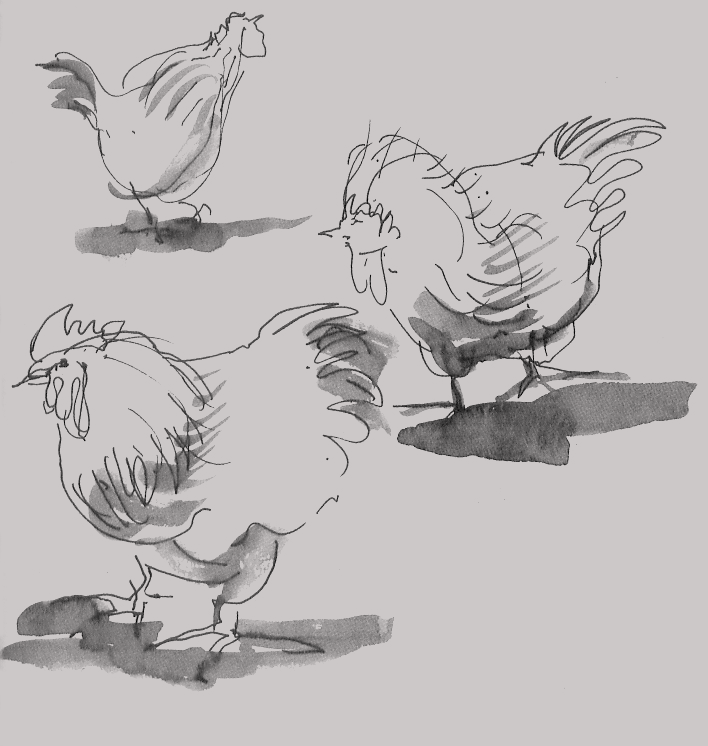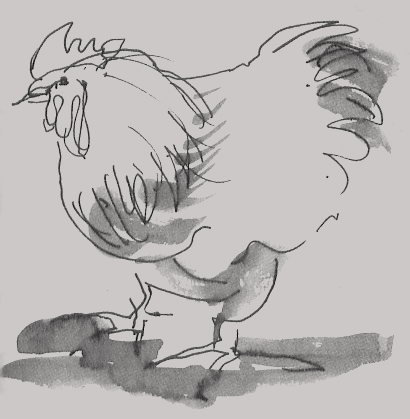Workshops
The workshops that Paul offers are a subtle mixture of playful and profound, individual and in between. They can include simple exercises in movement through which the powers and gestures of language are revealed. Beginners and the more experienced are equally welcome. Individual or group tutorials are also possible.
Richard Ramsbotham writes:
I have used a wide variety of books, often by well-known authors, when teaching Creative Writing in schools and university, but none could remotely compare with the ideas and exercises I received from Paul Matthews. These exercises work. They are simple and immediately usable in a class; they all lead to creative satisfaction: i.e. they are practically imaginative.

Fuller versions of the workshops listed are available on request, and (both in length and content) can be adapted to meet particular needs.
Workshops include:
BRINGING LANGUAGE TO LIFE: An opportunity to experience how the joyful writing tasks that Paul Matthews has gathered in his books can free the life of language and imagination from the ‘spell checks’ of information technology.
THE FABULOUS NAMES OF THINGS: ’Let there be light!’ Naming has a magic to it, a creative and confirming power. As we name the world truly it opens a language for unnamed aspects of our own being.
MOVING WORDS: Children know it, poets, writers, teachers and parents need to know it – that language is movement and that movement is articulate. Exercises in writing and moving will complement each other.
FIBS AND FABLES: Playful exercises in bragging and ‘lying’ will lead to work in writing with dream narrative, fairy tale and creation myth, discovering the stories that live within and between us.
BETWEEN YOU AND ME:
When ‘I’ meet ‘You’ I give you my attention, my interest, until the need arises to recreate my language to be worthy of the encounter. The ‘You’ might be the person next to you, or one of the nine Muses. It might be the tree outside the window as we write together.
WORD AND WORLD: How close up to the world can we get with our language? Are words mere labels stuck on to the world, or can they catch the life that moves in all that surrounds us?
THE POET IN NATURE: Following the Romantic poets and the Haiku masters of Japan, we will take pens and paper out into nature and (being eyes and ears for each other) bring it to writing. How observation and imagination meet will be a central question.
MAKING SENSE OF OUR SENSES: Drawing inspiration from William Blake and Rudolf Steiner (who spoke of 12 senses) we will take our various windows to the world as a source for writing.
HOW TO BE A POET: We will begin with the question: ‘What is poetry made of’?’ and, through guided tasks in writing, explore the use of Image, sound and rhythm in our language. This will open us to further questions concerning the source of poetry and what is can serve.
CHILDWISE: Through playful exercises in writing and moving we will tiptoe into the realm of fairy tale, nursery rhymes, circle-games, riddles, etc., which, revisited, can enrich our adult lives and those of the children we live and work with.
GIVING VOICE TO THE ANIMALS: Starting with simple anecdotes, we will move towards a deeper meeting with the essential qualities of the animals and see what poems and fables arise.
MEETING THE MUSES: Lost your inspiration? Let the nine Muses, guardians of Story, Poetry and Drama shake your quill and kindle your alphabet.
STANDING BY WORDS: Since ancient times it has been felt that words have the power to heal and to bless. But in our time, says the poet Wendell Berry, word and world fall apart from each other. Only by standing in our words can healing be brought into our communities and relationships.
THE FOUR ELEMENTS: How Earth, Water, Air and Fire can lend their qualities to our language, movement and perception of nature.
WRITTEN WORD, SPOKEN WORD: What we write we will speak, what we speak will inform our further writing.
WORKING WITH IMAGINATION: To recognize the inwardness of outer things, to find an objective language for what lives inside us – this is the two-fold work of the Imagination, and Creative Writing is a very immediate way to develop this essential faculty. Work with the elemental qualities of Earth, Water, Air and Fire will enhance our appreciation of the language that nature speaks.
